Students go global to tackle refugee challenge
UNSW students are heading to London, Boston, Dubai and San Francisco to compete in the Hult Prize Global Regional Finals, pitching their solutions to improve the lives of 10 million refugees.
UNSW students are heading to London, Boston, Dubai and San Francisco to compete in the Hult Prize Global Regional Finals, pitching their solutions to improve the lives of 10 million refugees.
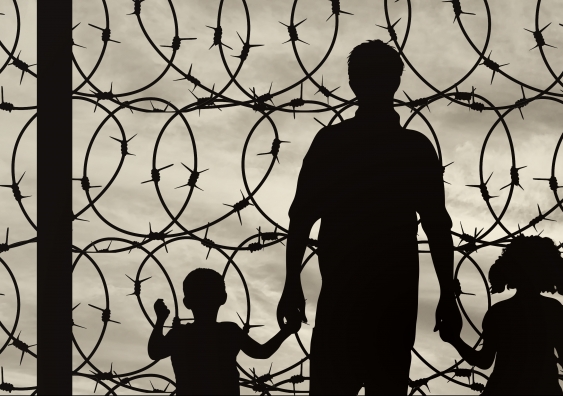
Four teams of UNSW students will head to London, Boston, Dubai and San Francisco to compete in the Hult Prize Global Regional Finals, pitching their solutions to improve the lives of 10 million refugees.
The Hult Prize is a world-wide competition that invites students to develop a social enterprise around a specific theme – this year refugees – with the aim of winning US$1 million in seed funding.
Hult Prize at UNSW Campus Director Jessica Dharmasiri says the competition gives students the chance to work on an actual endeavour, building their business acumen, and at the same time becoming more socially conscious.
“The competition gives UNSW students the chance to address real-world challenges, which is really valuable, no matter what field you go into later,” Jessica says.
“The Hult Prize empowers them through workshops and mentoring programs, and challenges them to make the difference they want to see in the world,” she says.
“Students get hands-on experience, using design thinking and lean methodologies so they learn what industry leaders are using to validate their startup ideas,” says Hult Prize at UNSW Deputy Director Joey Li.
As part of the process, students take part in a Hult Prize at UNSW workshop.
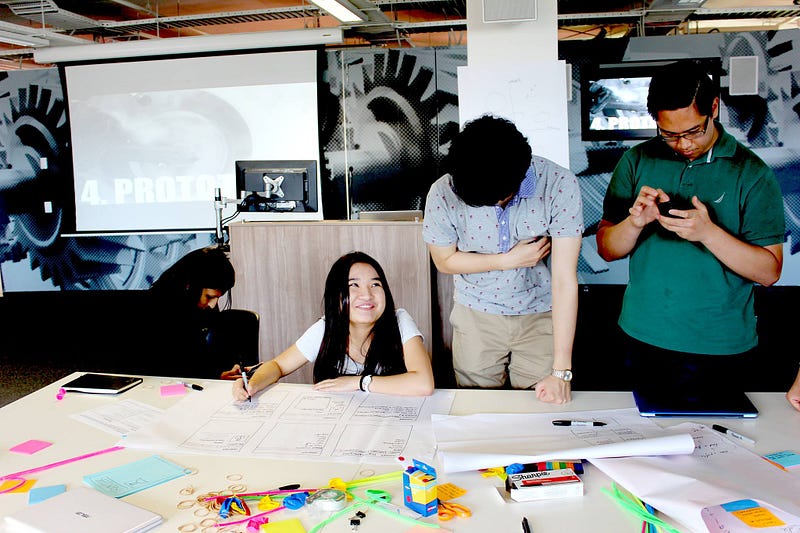
This year the Hult Prize challenged students to build “sustainable, scalable social enterprises that restore the rights and dignity of 10 million refugees by 2022”.
The quarter-final round of the competition, held on the UNSW campus in November and December, saw 25 teams compete for the chance to head to the regional finals.
First prize went to Vistarr for its unique credit scoring system, which takes into account social and behavioural factors, to help refugees’ access capital and create their own businesses.
Vistarr team members, David Lu, Anthony Le, Anmol Singh and Sherrie Zheng, will compete in the San Francisco regional final.
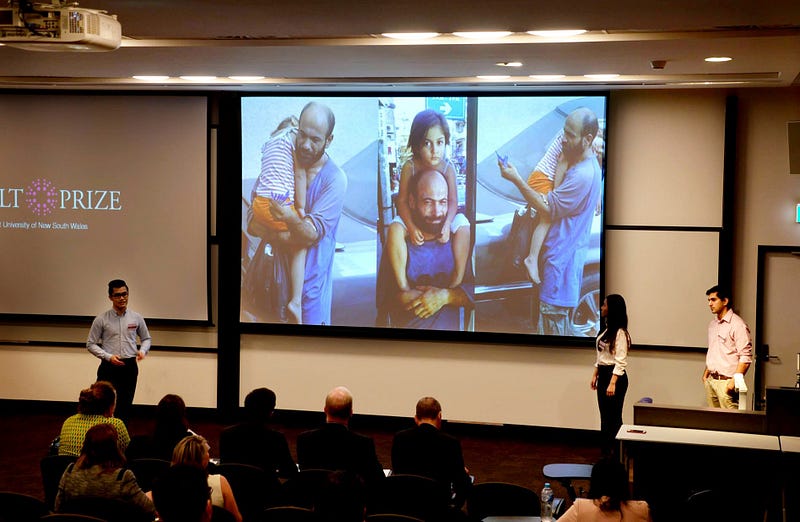
Second place went to CleanH2Go for the development of a water filter that can be secured to any type of bottle with a unique clamping mechanism.
The filter aims to remove 99.9% of bacteria and improve access to clean water, especially in refugee camps. Liam Luangrathrajasombat, John Huang, Kevin Kim and Lisa Banh will compete in Boston.
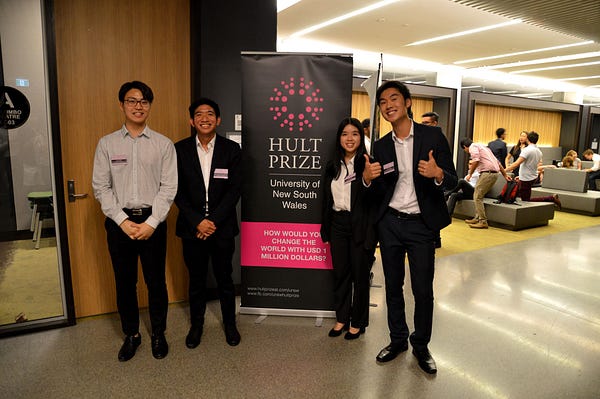
Third place went to MiniEpi for the development of a pocket-sized adrenaline auto-injector used to treat life-threatening allergic reactions. Andrew Fong, Ben Dalby and Andrew Ham will compete in Dubai.
The three winning teams have been honing their projects in an accelerator program over the holidays with the help of Hult Prize sponsor Venturetec – a lean innovation and venture capital firm.
A fourth team, made up of Jessica Dharmasiri, Joey Li and David Ky received a ‘wild-card’ entry to compete in London. The team is currently developing an enterprise in the area of food security, sustainable urban planning and access to energy.
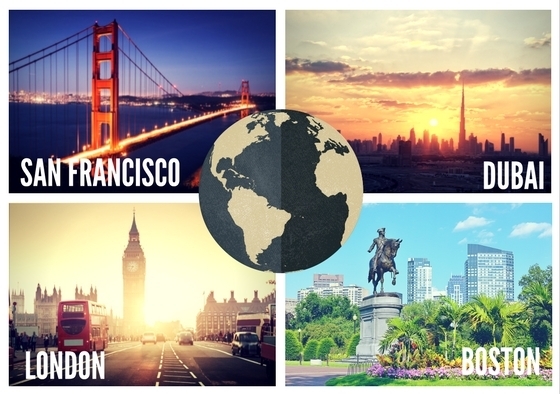
The international competition is supported by US President Bill Clinton, who selects the challenge and will host the Hult Prize global finals at the Clinton Global Initiative annual meeting in New York in September.
More than 50,000 teams around the world have entered this year’s competition and 400 teams will compete in the regional finals, held 3–4 March.